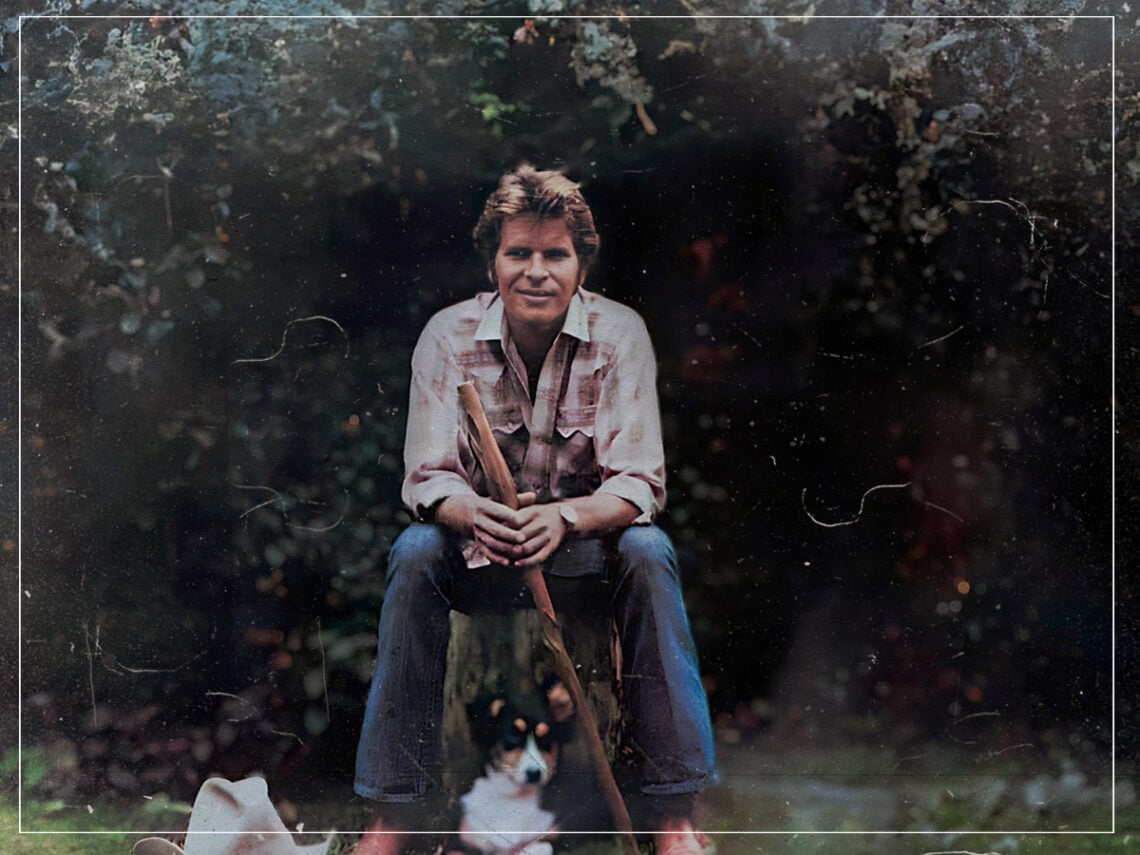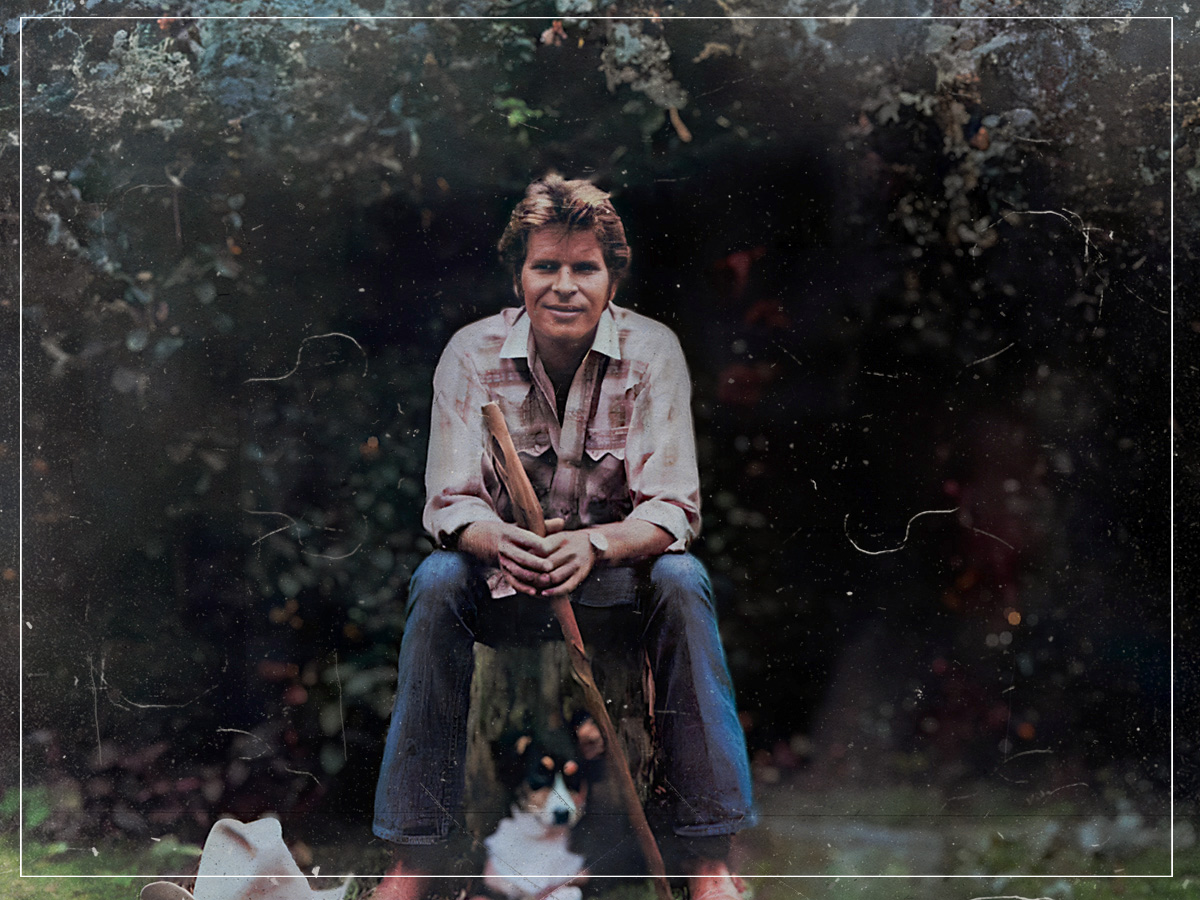
(Credits: Far Out / Press)
Tue 14 October 2025 5:00, UK
As any writer, like John Fogerty, will know, putting pen to paper starts with knowing who you’re writing for.
Perhaps that’s why most of his writing occupies a liminal space between past, present, personal and cultural. It’s a delicate balance, the music itself often feeling like it was both made specifically for you, as the listener, but also from a time that you can’t quite put your finger on, either.
The difference in the emotional response evoked by Creedence Clearwater Revival songs isn’t just that the moments of quiet contemplation are relatable; it’s that they also contain delicate hues of lament and hope that capture everything from complicated uneasiness to acceptance and moving on. Like ‘Have You Ever Seen The Rain’, which quite literally feels like those moments gazing out your window through a heady downpour and your mind at the tail-end of a closing chapter, when the woes begin to fade and a new dawn sets in.
Fogerty has said before how he writes in expansive ways, creating stories and feelings that come from his own world but which can be applied to anybody, anywhere, at any given moment in time. When you listen to a current song, or an old one for that matter, and it’s defined more by its dated phrasing and vernacular than anything worth relating to, it can feel especially jarring. But Fogerty has always been forward-thinking in that sense, opting instead for words and themes that are guaranteed to carry meaning through the ages.
What’s especially hard to pinpoint about Fogerty’s writing, though, is that it’s also immensely personal, like ‘Who’ll Stop The Rain’. Fogerty said himself he tried to make it as vague as possible, but it’s hard not to see the moments where he opted for more precision, too – a blend that he pulled off so proficiently it’s no wonder it still holds up today.
Explaining his process of writing the song and why that became his guiding principle, he once said, “When I would write a song like ‘Who’ll Stop the Rain,’ I made it general and epochal.” He went on: “I tried to stretch it and make it bigger so that it wasn’t just a song about me, so that lots of other people could look into the song and see themselves in it, too. I tended to make the song very broad and hope that lots of people would see it that way.”
It’s easy to wonder what the song was actually inspired by, written at a time when many were pouring political war lament into protest songs. But Fogerty once said it was also about the crowds when they performed Woodstock, who started to take their clothes off when it rained and got really muddy. But there’s also far more to it than that, its general tone taking on the concept of unease and the inability to escape it – a theme most generations everywhere can relate to.
This is especially poignant when you consider how, across all three verses, the message is punctuated by a repeated reference to the title: “Who’ll stop the rain?” It’s the typical rallying cry for any sort of powers to intervene when things are especially bad and help those who need it the most. It might have come from somewhere deeper than the messiness of Woodstock once upon a time, but its message echoes across eras – a vague call-out for better times when the world is in the trenches.
Related Topics
